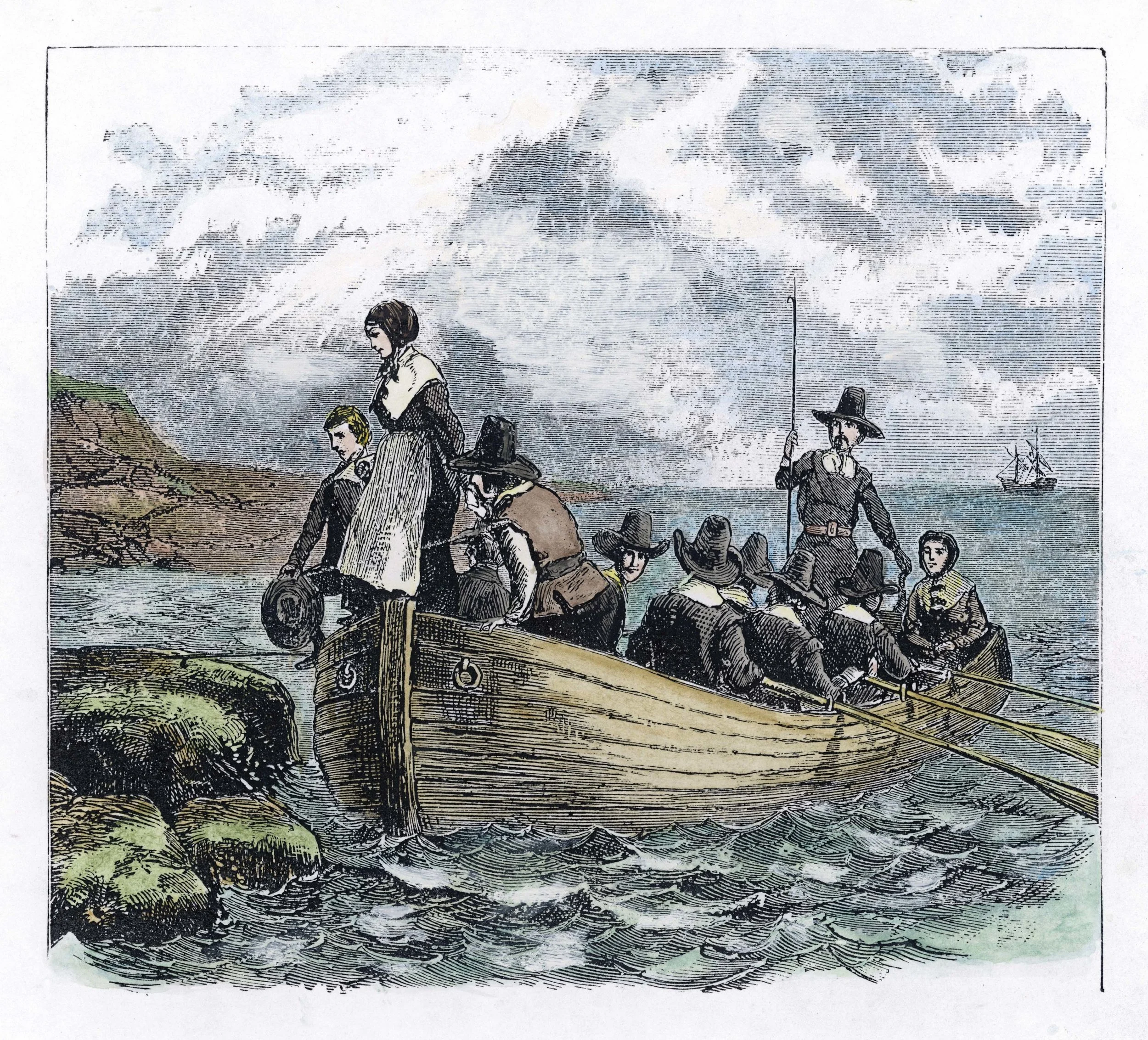Why is it that the American colonists established democratic forms of governance?
Most would say the answer is obvious—the colonists simply emulated the governments of the European countries they came from.
But that is actually untrue. Congleton (2011) notes: “Virginia’s 1621 constitution was written well before Hobbes, Locke, or Montesquieu put their pens to paper, and nearly two decades before the Levellers’ contract.” In fact, American colonists created extreme institutional change without enlightenment ideals, in a relatively short period of time.
What is it then, that induced the colonists to choose democracy? The answer: pure economics. Democracy was simply the more cost-effective form of government in the colonies.
Europe and North America in the 17th and 18th centuries were very different. For one, the colonies were spread out over much more land. Inter-jurisdictional externalities—that is, the effect of the happenings in one jurisdiction on the next jurisdiction—were small, and decentralized and local governments were more efficient.
Furthermore, the colonies were more homogenous. After all, settlers were self-selecting, and often groups sharing a specific identity (e.g. Puritans). Thus, inclusive governance, rather than establishing a small group of decision-makers, was necessary. Later on, as observed by Diamond (1967), the constant shortage of labor—and the resulting need to recruit and sustain a labor force—required giving laborers economic freedom, land, and rights. In that regard, immigration was crucial for developing democracy beyond the intentions of the colonists (many papers cite immigration as a driver for the improvement of women’s rights that occurred in the 19th century).
These kinds of differences explain not only why the colonies were more democratic compared to Europe but also why the New England colonies were more democratic than the Chesapeake colonies. And all of this is consistent with the calculus of consent model proposed by Buchanan and Tullock (1962).
So, if you have ever wondered what the origins of American democracy were: no, we did not just copy or even adapt a form of government that had already existed. Also, the impetus was not a set of beliefs or because it was “the right thing to do.” Rather, it simply made the most sense.
Note: This blog post was adapted from "Escape from Europe: A Calculus of Consent Model of the Origins of Liberal Institutions in the North American Colonies" by Vlad Tarko and Kyle O’Donnell (2018).

